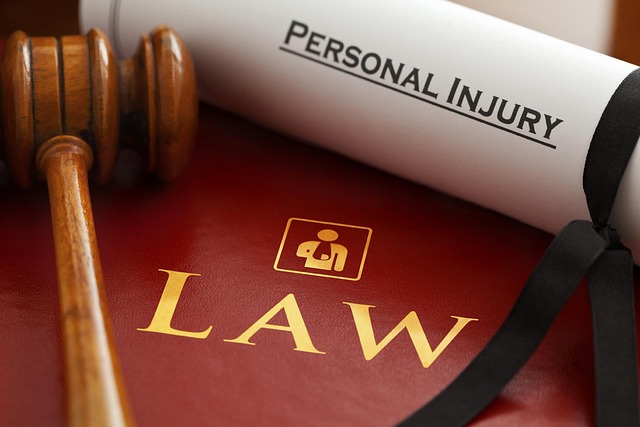Dog bite laws across jurisdictions impose strict liability on owners for damages caused by their pets, focusing on prevention through training, supervision, and control to protect victims and enforce accountability.
Dog bite laws vary across jurisdictions, holding owners accountable for their pets’ actions. This article explores these legal frameworks, focusing on owner responsibility and liability. We delve into the key requirements set by dog bite laws, including understanding owner duties and preventing future incidents. By examining these aspects, we aim to provide insights into how these regulations protect public safety and what measures owners should take to ensure their pets don’t cause harm.
- Understanding Dog Bite Law Requirements
- Owner Liability: Legal Obligations and Duties
- Preventing Bites: Key Responsibilities of Owners
Understanding Dog Bite Law Requirements

Dog bite laws are designed to protect victims and hold owners accountable for their pets’ actions. Understanding these legal requirements is crucial when considering a potential claim or defense related to dog bites. These laws vary by jurisdiction, but they generally establish the responsibilities of pet owners and the rights of those injured by their dogs.
In many places, dog bite laws impose strict liability on owners, meaning they are held responsible for damages regardless of fault or negligence. This is a significant shift from traditional product liability cases, where a manufacturer’s liability often hinges on proving negligence or a breach of fiduciary duty. Dog bite laws focus solely on the pet’s behavior and the owner’s responsibility in preventing potential harm. The primary goal is to ensure client recovery for medical expenses, pain, and suffering caused by dog attacks.
Owner Liability: Legal Obligations and Duties

Dog bite laws establish clear guidelines regarding the legal responsibilities of dog owners when their pets cause harm to others. In most jurisdictions, these laws hold owners accountable for the actions of their canines, imposing strict liability in cases where a dog bites or injures someone. This means that regardless of the circumstances or the owner’s knowledge of their dog’s aggressive tendencies, they can be held responsible for the resulting damages.
The legal obligations and duties of dog owners extend beyond mere compliance with local leash regulations. They are required to take reasonable precautions to ensure their dogs do not pose a danger to the public. This includes properly training, supervising, and controlling their pets, especially in areas where they may interact with strangers or other animals. Failure to fulfill these duties can lead to wrongful death claims, significant injury compensation, and other legal repercussions for negligent owners.
Preventing Bites: Key Responsibilities of Owners

Dog bite laws are designed to protect both victims and pet owners, establishing clear guidelines on liability and responsibility in cases of dog attacks. While these laws vary across jurisdictions, they generally emphasize the owner’s role in preventing potential bites. The primary responsibilities include proper training, socialization, and control of their canine companions.
Owners must ensure their dogs are well-behaved, especially in public spaces. This involves supervising their pets, using appropriate leashes and collars, and addressing any aggressive or fear-based behaviors promptly. Regular training sessions can help reduce the risk of bites by teaching dogs basic commands and encouraging positive interactions with people and other animals. Furthermore, owners should be vigilant about potential triggers that might incite their dogs to bite, such as unfamiliar surroundings or individuals, and take proactive measures to mitigate these risks. Preventive care is key in upholding dog bite laws and ensuring both the safety of others and the legal well-being of responsible pet ownership.
Dog bite laws are designed to protect victims and hold owners accountable for their pets’ actions. By understanding these laws, owners can fulfill their legal obligations, prevent potential bites through proper care and training, and ensure a safer environment for everyone. Knowledge of these requirements is not just beneficial but necessary in navigating the responsibilities associated with pet ownership.






